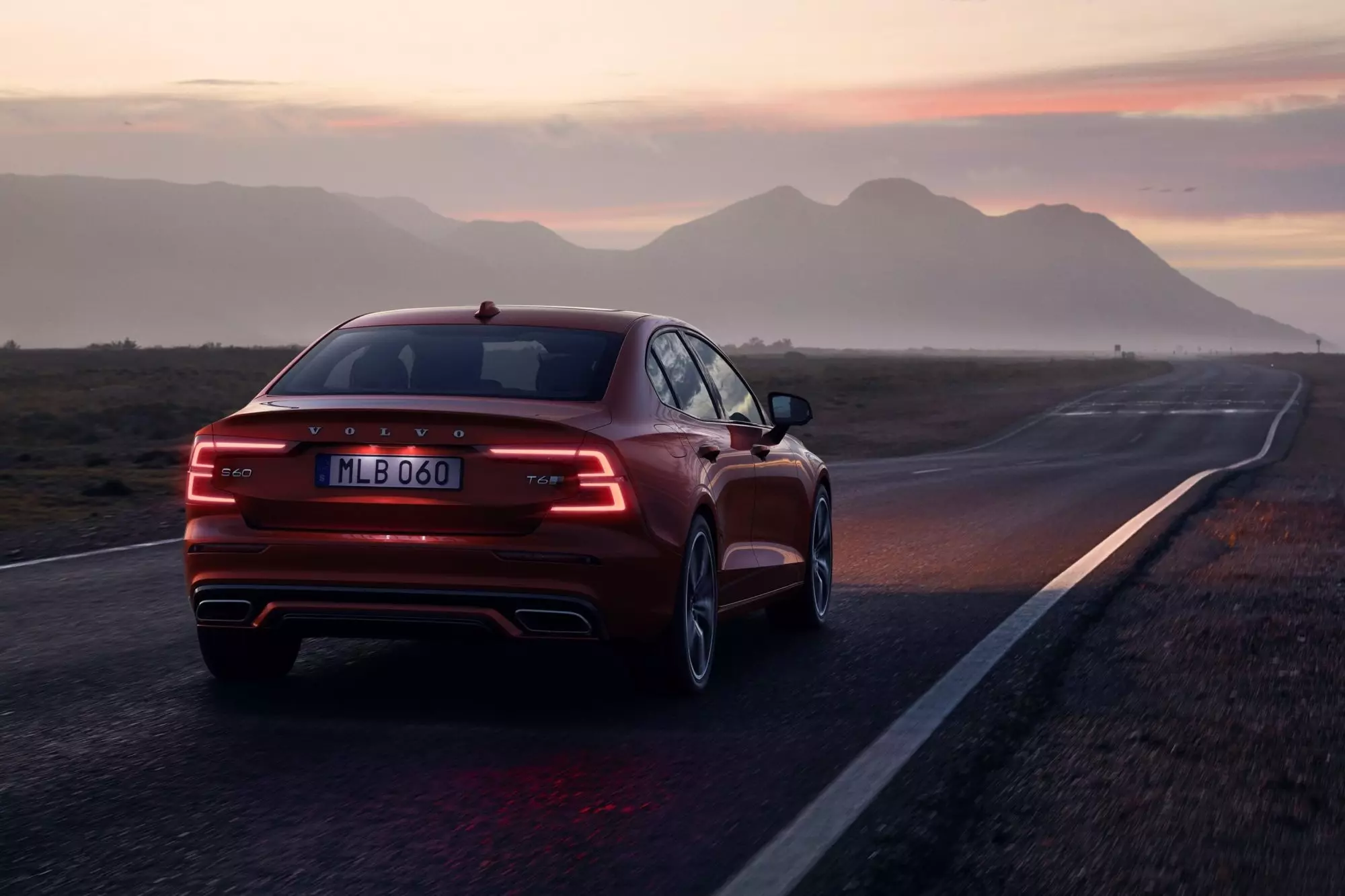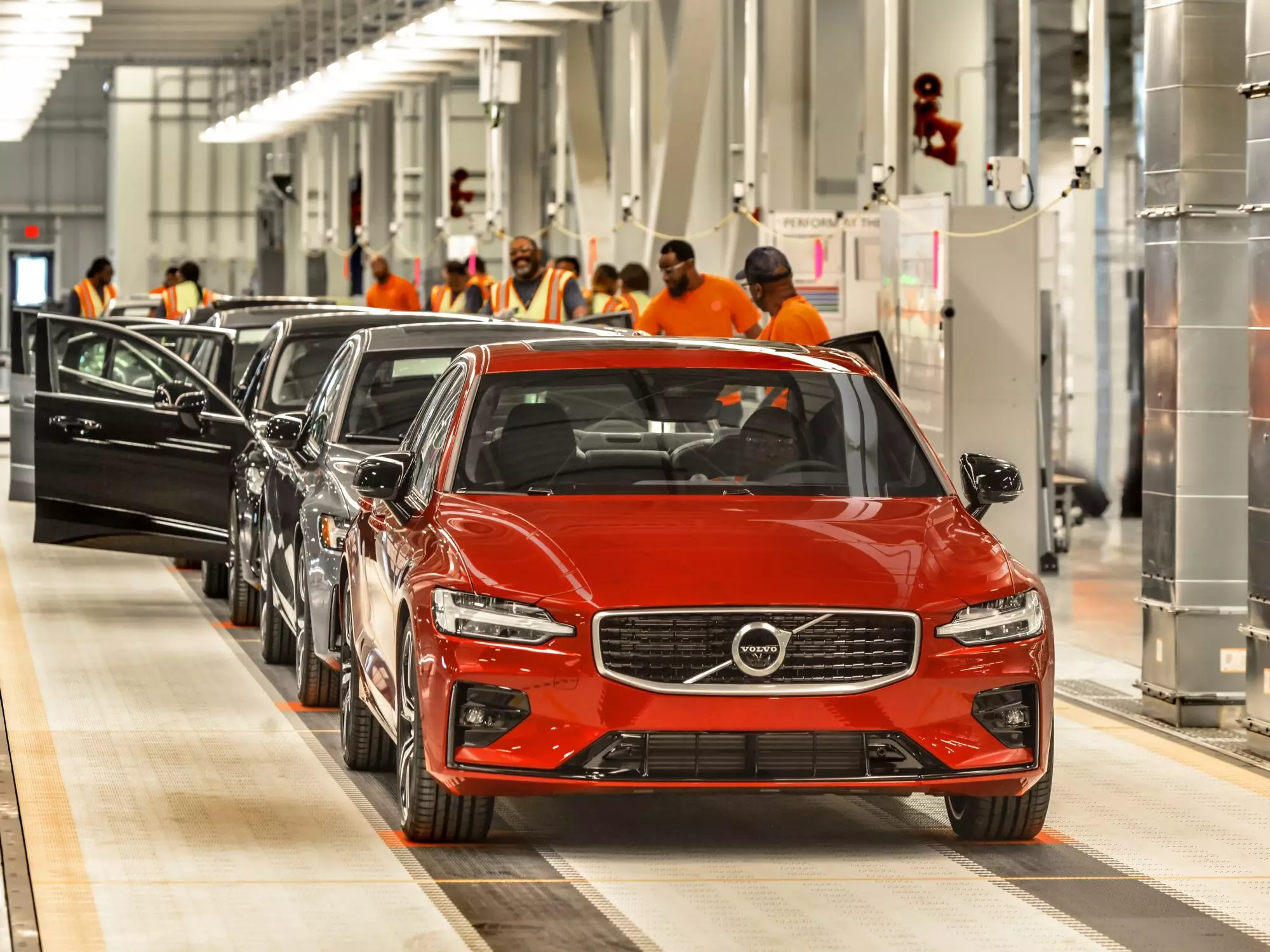Doesn't make a lot of sense, does it? The recently unveiled Volvo V60 incorporates two Diesel engines, so you'd expect the new Volvo S60 , which is essentially the bodywork of the same model saloon, also had the same engines. But no Diesel engines for the new S60, even considering the European continent where, despite all the dark clouds that hang over the demonized engines, still correspond to significant sales.
What's more, a model integrated in the premium D-segment, where most sales are to fleets, which makes the Diesel engine the queen of sales — it's as if the S60's commercial career in Europe had already been doomed from the start.
Volvo has already stated that its current generation of diesel engines will be the last to be developed, but it has also stated how they will be key to continuing to reduce its CO2 emissions in order to reach the EU-imposed target of 95g of CO2/km in 2021.

Why then this decision by Volvo?
Is it just for the sake of image? Of course not, but it should help the brand to get in the good graces of consumers, moving away from toxic Diesel. Manufacturers' decisions are not usually taken lightly — although they sometimes get carried away by emotion — so there are, from my point of view, very rational and logical grounds for this decision.

Just look at the numbers. The segment where the new Volvo S60 is inserted has not grown in Europe — in 2017 it decreased by 2%, despite the market having grown and the arrival of new proposals and, truth be told, it continues to be totally dominated by the Germans. And in this segment, in Europe, there is clearly a predilection for vans — despite the growing threat of SUVs — far more than four-door saloons.
Let's look at the now replaced S60/V60 generation: only 16% of total sales correspond to the saloon — the V60 “crushes” the S60 commercially. The sheer numbers aren't famous either—perhaps the result of his nine years on the market. The S60 sold approximately 7400 units in Europe in 2017, with a peak of 15,400 units in 2012 (compare with the peak of 52,300 units for the first generation S60, achieved 10 years earlier).
The V60's numbers are incomparably better — in 2017 it sold nearly 38,000 units, peaking at nearly 46,000 in 2011.
Does Diesel really miss the new Volvo S60?
Apparently no. Sales on the European continent do not represent significant volumes, save on development and production costs — the new S60 is produced exclusively in the USA, but the Diesel engines continue to be manufactured in Sweden — and finally, with two plug-in hybrid versions in the range, they have the right arguments to accompany the expressive growth in sales of this type of engine that is taking place in Europe.
It makes sense, for now, to keep the Diesel engines in the V60 — and even now in its SUV —, types with much greater commercial expression in Europe. But the argument becomes dubious on the S60. It seems like an early decision, but in this case it seems to be the right decision.
